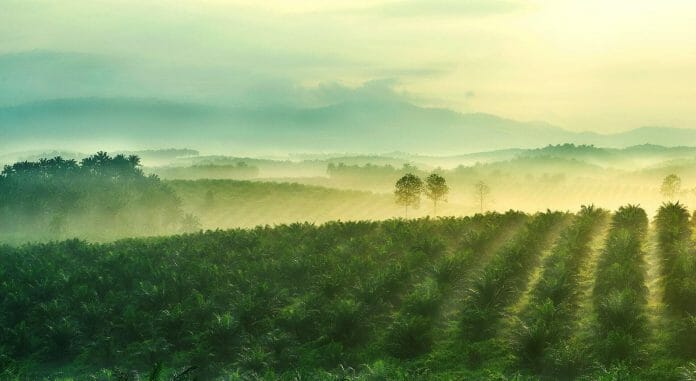Malaysia’s palm oil (PO) inventory rose 3.3% MoM in January despite it being the low output season due to weak demand. Malaysia could continue to be plagued by intense competition
from Indonesia while high PO stock levels at importing countries could also mean persistently weak exports going forward. The only saving grace for exports in the coming months could be the Aidil Fitri festive season.
Malaysia’s January output fell 14.7% MoM while exports plunged by 23%, resulting in stocks rising to 2.27m tonnes (+3.3% MoM). The decline in exports was likely due to the post-CNY festive seasonality after the uptick in previous months, as well as continued competition from
Indonesia.
In the coming months, as RHB Research stated in its sector update report that it may see stocks moderating slightly as output is expected to continue declining MoM until end-1Q23 due to the low output season, while festive Aidil Fitri demand should start picking up.
In 2022, Indonesia’s production was flattish (-0.1% YoY) while exports dropped 8.5% YoY, no thanks to the domestic market obligation (DMO) and export ban imposed during the year.
Recent developments of local plantation sector
i. Indonesia intends to review its palm oil export quota ratio amid rising prices of domestic cooking oil, given the run-up to the Ramadan month. Authorities will also review the IDR9,300/kg price set for the DMO. While there could be a repeat of some of last year’s policies again this year, we do not expect Indonesia to completely ban exports this time.
However, the DMO ratio and pricing is likely to be the tool it uses to manage the domestic supplies. Currently Indonesia allows companies to export six times the volume they have sold to the domestic market. This will likely lead to more price volatility in the short term.
ii. Indonesia’s B35 programme kicked off on 1 Feb. RHB Research understands biodiesel players did not receive any change to their allocations received in late 2022, and 2023 allocations have already taken into account the higher mandate as well as capacity limitations. Also it understands First Resources received an increased allocation of 13.6% for 2023, while Golden Agri received an increase of 24%, against the country’s total allocation increase of 20% YoY to 12.9m tonnes.
Indonesia’s palm oil fund estimates that IDR30.22trn (USD2.02bn) would be needed for biodiesel subsidies in 2023. Assuming the export levy is at USD95/tonne and with 50m tonnes of output, the research house estimates the fund would be able to collect USD4.75bn, ie more than enough to cover the subsidy.
iii. China’s and India’s PO stock levels dropped 5.3% and 5.6% MoM. China’s inventory is now 53% above historical levels (from 62% in Dec 2022), while India’s stock levels is at 39% above historical levels (from 48%).
Stock levels for other price-sensitive countries also remain firmly above historical levels, with Bangladesh’s at 29% and Pakistan’s at 35%.
RHB Research has reiterated its NEUTRAL rating on plantation sector, with a trading strategy. It continues to favour integrated players like KLK, IOI and Wilmar. It also sees value in players like Sarawak Oil Palms, Bumitama Agri and Golden Agri.









